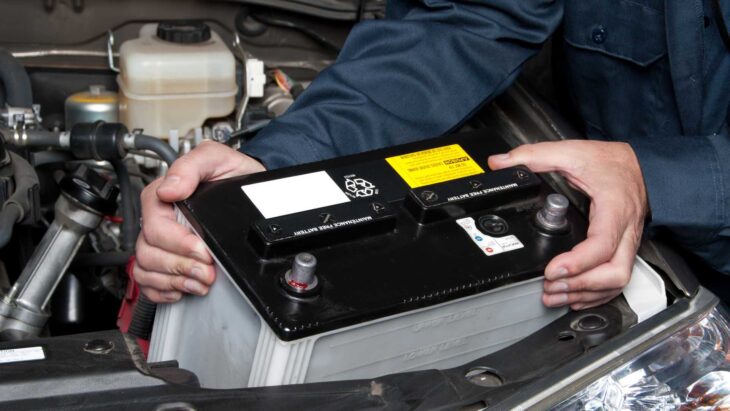Detoxification, or detox, is a crucial initial step in the rehabilitation process for individuals struggling with addiction. It involves clearing the body of substances and managing withdrawal symptoms in a safe and controlled environment. This article explores the critical role of detox in the journey towards recovery and what individuals should know about this process.
Understanding the Detox Process
Detox is the process by which the body eliminates harmful substances. In the context of addiction treatment, it specifically refers to the period during which the body adjusts to the absence of the abused substance. This process can lead to withdrawal symptoms, which can vary in intensity depending on the substance used, the duration of use, and individual health factors.
The Importance of Medical Supervision
Medical supervision during detox is essential. Withdrawal symptoms can range from mild to severe and, in some cases, can be life-threatening. Healthcare professionals in a detox facility can provide necessary medical support, including medication-assisted treatment (MAT) to ease withdrawal symptoms and manage any complications. Facilities offering comprehensive addiction treatment, like Atlanta Recovery Place, emphasize the importance of medically supervised detox as a foundational step in the recovery process.
Types of Detox Programs
Inpatient vs. Outpatient Detox
Detox programs can be inpatient or outpatient. Inpatient detox requires the individual to stay at a facility for the duration of the detox process, providing 24-hour medical care and support. Outpatient detox, on the other hand, allows individuals to live at home while regularly visiting a healthcare provider for treatment and monitoring.
Choosing the Right Program
The choice between inpatient and outpatient detox should be based on individual needs, the severity of the addiction, and personal circumstances. Inpatient detox is often recommended for severe addictions due to the intensive care and support provided.
Withdrawal Symptoms and Management
Withdrawal symptoms can vary widely depending on the substance used. Common symptoms include anxiety, insomnia, physical discomfort, and, in severe cases, seizures or delirium. Managing these symptoms effectively is crucial for the safety and comfort of the individual undergoing detox.
Role of Medication-Assisted Treatment (MAT)
MAT can be an integral part of the detox process. Medications such as methadone, buprenorphine, and naltrexone are used to alleviate withdrawal symptoms and curb cravings, making the detox process more manageable. The Substance Abuse and Mental Health Services Administration (SAMHSA) provides resources on MAT and its role in addiction treatment.
After Detox: Continuing the Journey to Recovery
Detox is just the first step in the journey towards recovery. It is important to understand that detox alone is not sufficient for long-term recovery; it must be followed by comprehensive rehabilitation that addresses the underlying causes of addiction.
Transitioning to Rehab
After detox, transitioning to a rehab program is crucial. Rehab programs offer therapy, counseling, and support groups that help individuals understand their addiction, develop coping mechanisms, and build a supportive network for sustained recovery.
Conclusion: Detox as a Gateway to Healing
Detox plays a pivotal role in the rehab process, providing a safe and medically supervised environment for individuals to begin their journey to recovery. While it can be challenging, it is a necessary step towards a healthier, substance-free life.
Embarking on a Path to Recovery
Remember, the journey to recovery is a courageous one. Detox is the first step on this path, leading to a comprehensive treatment approach that addresses the deeper aspects of addiction. With the right support and resources, such as those offered at facilities specializing in addiction treatment, recovery is not just a possibility but a reachable goal. Embrace this journey with hope and determination, knowing that each step brings you closer to a healthier, more fulfilling life.












You must be logged in to post a comment.